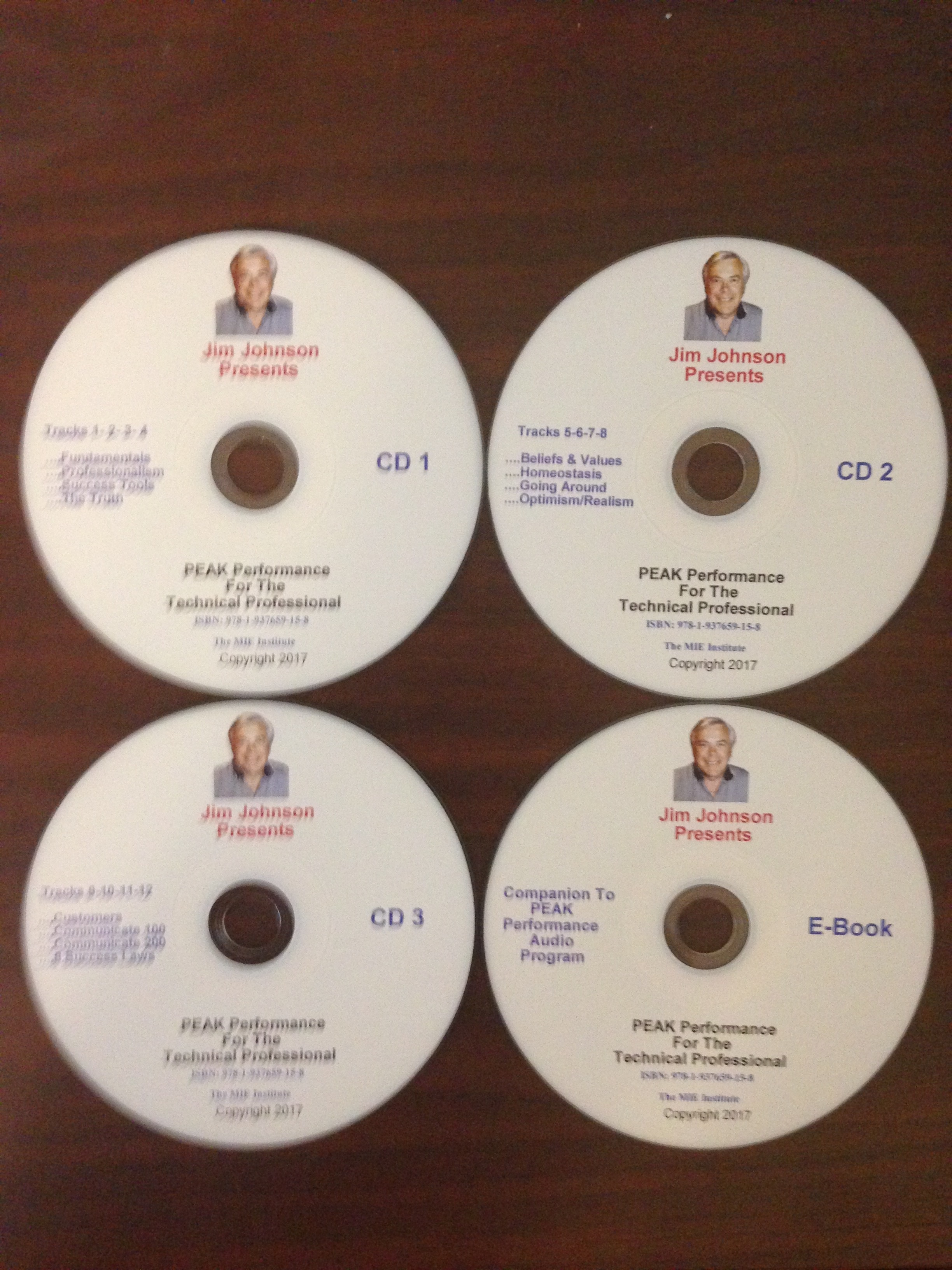
Moving from the world of HVAC wholesaling into the plans and specification market - plan and spec for short - is not always an easy transition.
“It’s so different than a traditional wholesaling model,” said Spencer Shaw, president of Bartos Industries, a Dallas-based plan-and-spec firm.
Bill Shaw, his father and the chief executive officer at Bartos, agreed.
“It’s a more technical product,” he said. “It requires talking to architects and engineers and you have to get it specified” for a project.
The Shaws should know: Spencer also works as president of Texas wholesaling company Standard Supply and Bill is CEO there as well.
Helping Heating, Airconditioning and Refrigeration Distributors International (HARDI) members learn about this market and the opportunities within it are the goals of the Plan & Spec Committee where Bill and Spencer serve as co-chairs. At the committee’s Oct. 24 meeting, held during HARDI’s annual conference on Hawaii’s island of Maui, the two tried to explain just what it means to be a plan-and-spec company.
Unlike traditional wholesale HVACR companies, plan-and-spec firms attempt to get their products selected, i.e., “specified” by engineers and architects who are designing what are typically large commercial projects.
It requires a special approach, Spencer said. “Whoever is responsible for that portion of a project that you have a product for is who you call on,” he explained. “We normally start with the MEP engineer on the job who was hired by the architect.”
An advantage of being a plan-and-spec company, both men said, is you have a chance to help shape projects so that in some cases, some of the products specified by an engineer may be items that only your company carries.
“Plan-and-spec customers are not shopping for a commodity,” Bill said. “You want [to offer] something that not everybody … can raise their hands and say, ‘We can do that.’ ”
Finding a good salesperson who can work successfully in the plan-and-spec world of large commercial and specialized construction projects is often a challenge, said the Shaws. Since salespeople are talking to engineers and sometimes architects as part of their job, they may need to speak about more technical issues than the typical HVACR wholesale sales staffer.
“You’ve got to be able to understand airflow,” Bill said. “You’ve got to be able to understand pressurization.”
An engineering degree or background isn’t required for success, but it can help. “You need to have quite a bit of a technical background,” Spencer said. “We have found from our experience that a very successful salesperson for plan and spec work will have an engineering degree.”
And they still need the people skills necessary in any sales position. But one advantage is plan-and-spec salespeople usually face less local competition than wholesalers and can sell products at higher margins to help compensate for the extra time with design engineers.
HARDI’s Plan & Spec Committee has only been around for a few years, and the chairs said that they are still trying to figure out how it can best serve the association’s members. Spencer pointed out that the plan-and-spec industry doesn’t currently have its own organization.
“We’d love for the committee to develop into a kind of general peer group for the plan-and-spec people who are also in HARDI,” Spencer said.
For now, most members are still in the learning phase. “A lot of our committee right now is about trying to educate wholesalers and manufacturers,” Bill said.
Although the committee has only been in existence for a few years, they’ve found there is a lot of interest among the association’s manufacturer and distributor members about the concept. That includes Brent James, executive vice president at Johnson Air Products in Portland, Ore. The company is a manufacturer’s representative and HVAC distributor, but James said 70 percent of the company’s business comes from plan-and-spec work.
James was invited by the committee to speak about Johnson’s experiences providing plan-and-spec services to Oregon and southwestern Washington since 1987.
The plan-and -spec market is not like most other HVACR business, James said. “Some people think it’s a real easy thing,” he said. “There’s a lot more paperwork to do. There’s a lot more risk involved.”
Securing high-performance, top-line products are a must, James said. “You have to find a specifiable product and get the exclusive rights for that product in your area,” he said. “Unless you have the really good stuff, it’s hard to go to an engineer and get them to specify your product.”
In the case of Johnson, it was securing the rights to sell a line of fans that helped it break into the Portland plan-and-spec market.
But with the right products, plan and spec can be very profitable, James said. Echoing Bill and Spencer Shaw, James said selling such products requires a much different technique than typical distributor counter sales. Salespeople have to be comfortable working with engineers - and company owners have to be willing to hire if existing staff is not.
Published: January 2012 Moving from the world of HVAC wholesaling into the plans and specification market - plan and spec for short - is not always an easy transition.
“It’s so different than a traditional wholesaling model,” said Spencer Shaw, president of Bartos Industries, a Dallas-based plan-and-spec firm.
Bill Shaw, his father and the chief executive officer at Bartos, agreed.
“It’s a more technical product,” he said. “It requires talking to architects and engineers and you have to get it specified” for a project.
The Shaws should know: Spencer also works as president of Texas wholesaling company Standard Supply and Bill is CEO there as well.
Helping Heating, Airconditioning and Refrigeration Distributors International (HARDI) members learn about this market and the opportunities within it are the goals of the Plan & Spec Committee where Bill and Spencer serve as co-chairs. At the committee’s Oct. 24 meeting, held during HARDI’s annual conference on Hawaii’s island of Maui, the two tried to explain just what it means to be a plan-and-spec company.
Unlike traditional wholesale HVACR companies, plan-and-spec firms attempt to get their products selected, i.e., “specified” by engineers and architects who are designing what are typically large commercial projects.
It requires a special approach, Spencer said. “Whoever is responsible for that portion of a project that you have a product for is who you call on,” he explained. “We normally start with the MEP engineer on the job who was hired by the architect.”
An advantage of being a plan-and-spec company, both men said, is you have a chance to help shape projects so that in some cases, some of the products specified by an engineer may be items that only your company carries.
“Plan-and-spec customers are not shopping for a commodity,” Bill said. “You want [to offer] something that not everybody … can raise their hands and say, ‘We can do that.’ ”
Finding a good salesperson who can work successfully in the plan-and-spec world of large commercial and specialized construction projects is often a challenge, said the Shaws. Since salespeople are talking to engineers and sometimes architects as part of their job, they may need to speak about more technical issues than the typical HVACR wholesale sales staffer.
“You’ve got to be able to understand airflow,” Bill said. “You’ve got to be able to understand pressurization.”
An engineering degree or background isn’t required for success, but it can help. “You need to have quite a bit of a technical background,” Spencer said. “We have found from our experience that a very successful salesperson for plan and spec work will have an engineering degree.”
And they still need the people skills necessary in any sales position. But one advantage is plan-and-spec salespeople usually face less local competition than wholesalers and can sell products at higher margins to help compensate for the extra time with design engineers.
HARDI’s Plan & Spec Committee has only been around for a few years, and the chairs said that they are still trying to figure out how it can best serve the association’s members. Spencer pointed out that the plan-and-spec industry doesn’t currently have its own organization.
“We’d love for the committee to develop into a kind of general peer group for the plan-and-spec people who are also in HARDI,” Spencer said.
For now, most members are still in the learning phase. “A lot of our committee right now is about trying to educate wholesalers and manufacturers,” Bill said.
Although the committee has only been in existence for a few years, they’ve found there is a lot of interest among the association’s manufacturer and distributor members about the concept. That includes Brent James, executive vice president at Johnson Air Products in Portland, Ore. The company is a manufacturer’s representative and HVAC distributor, but James said 70 percent of the company’s business comes from plan-and-spec work.
James was invited by the committee to speak about Johnson’s experiences providing plan-and-spec services to Oregon and southwestern Washington since 1987.
The plan-and -spec market is not like most other HVACR business, James said. “Some people think it’s a real easy thing,” he said. “There’s a lot more paperwork to do. There’s a lot more risk involved.”
Securing high-performance, top-line products are a must, James said. “You have to find a specifiable product and get the exclusive rights for that product in your area,” he said. “Unless you have the really good stuff, it’s hard to go to an engineer and get them to specify your product.”
In the case of Johnson, it was securing the rights to sell a line of fans that helped it break into the Portland plan-and-spec market.
But with the right products, plan and spec can be very profitable, James said. Echoing Bill and Spencer Shaw, James said selling such products requires a much different technique than typical distributor counter sales. Salespeople have to be comfortable working with engineers - and company owners have to be willing to hire if existing staff is not.
Published:January 2012





